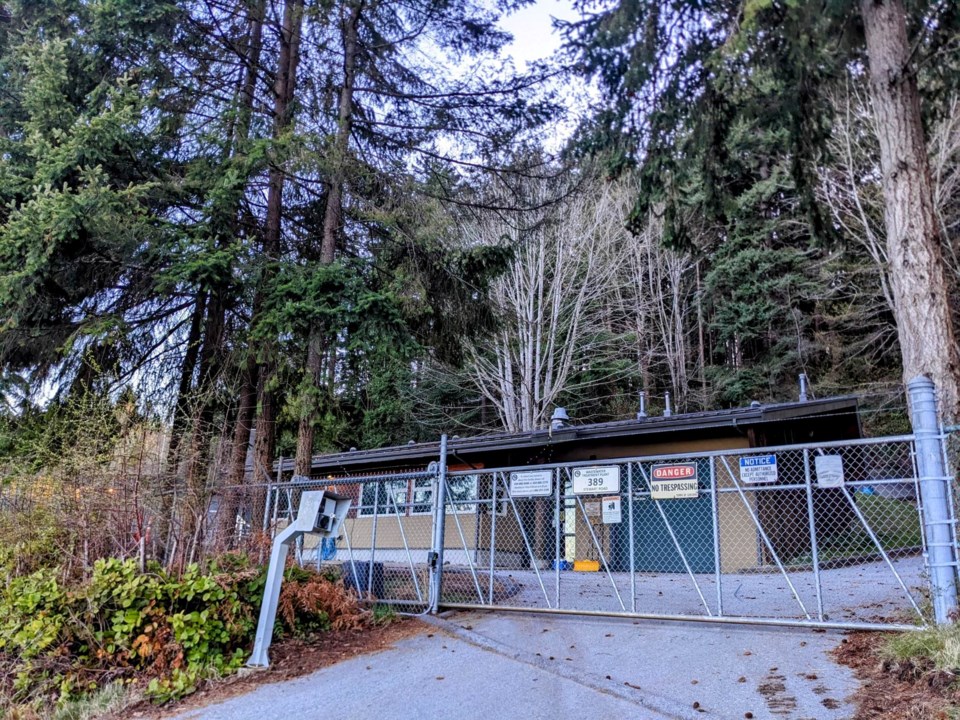In the Jan. 23 Committee of the Whole meeting, Town of Gibsons council heard some details about the upcoming needs for its aging infrastructure — and a proposed minimum rate increase of five per cent for both sanitary sewer and water over five years, starting in 2024.
Staff presented long-term financial plan updates for both sanitary sewer and water. The goals of those systems haven’t changed, but they face the same pressures: aging infrastructure, an asset replacement backlog and escalating construction costs. While staff continue to pursue grant opportunities, the capital plans rely on significant debt funding: $825,000 for sanitary sewer and $2.1 million for water in the 2024 budget year, and five-year debt totals of $11.4 million and $6.5 million respectively.
“From a rate point of view, I’m trying to avoid a shock to the system,” the financial director, Lorraine Coughlin, said.
Staff also anticipate future increases of eight to 13 per cent for multiple years, though they noted funding could come in from senior governments and the DCC bylaw will be updated, increasing those funds. For water, future increases of 10 to 12 per cent are anticipated for future years.
The minimum five per cent increase for the sanitary sewer breaks down to approximately $37.06 per single family residential property (and an additional $30.49 for accessory dwelling charges), while the same increase for water would be around $47.75 for single family residential properties using 320 cubic metres of water per year. Staff noted most people would use less than that amount of water.
The report to committee this work is focused on “critical asset renewal and upgrades to improve operating reliability, efficiency, and resiliency and to prevent reactionary repair work.”
Mayor Silas White said he appreciates staff wanting to avoid surprising council and the public with a big rate hike. He called the increases “extremely necessary,” and said starting with five per cent is “relatively gentle.”
Coun. Stafford Lumley asked about replacing the whole sanitary sewer system rather than repairing an old system. Staff said the system spans the town and is in various stages of decay. They could look at the revitalization of the treatment process.
Steve Brubacher, who has been working with the town on strategic planning for the sanitary sewer program, told the committee there is a lot of residual life left in the system. He said much of the system is actually doing well and that renewal is actually restoring the system back to new conditions for the mains. “It’s not band-aiding the system, it’s actually fixing segments, it’s just that you’re doing it in a step-by-step fashion so you don’t have a bigger spike.
“For the size of your community, it’s pretty amazing…You’re in a very enviable position that you can afford to deal with all of your issues without sort of putting a moratorium on growth,” Brubacher said.
Staff recommended the five-year capital plans for sanitary sewer and water be integrated into the 2024-2028 financial plan with a minimum of a five per cent rate increase. The committee moved to have staff prepare bylaws that reflect the five per cent increase for both sanitary sewer and water, including increasing sanitary system user fees to include accessory dwelling charges.



